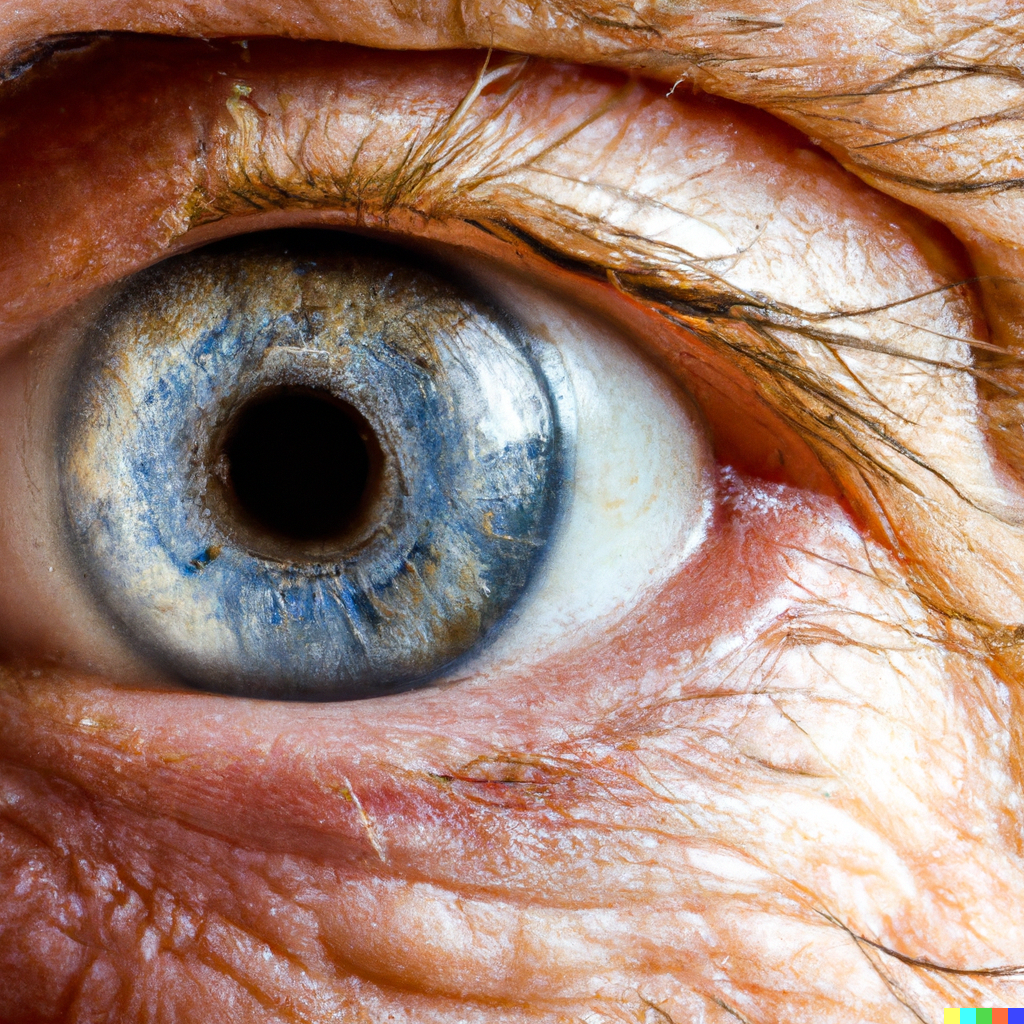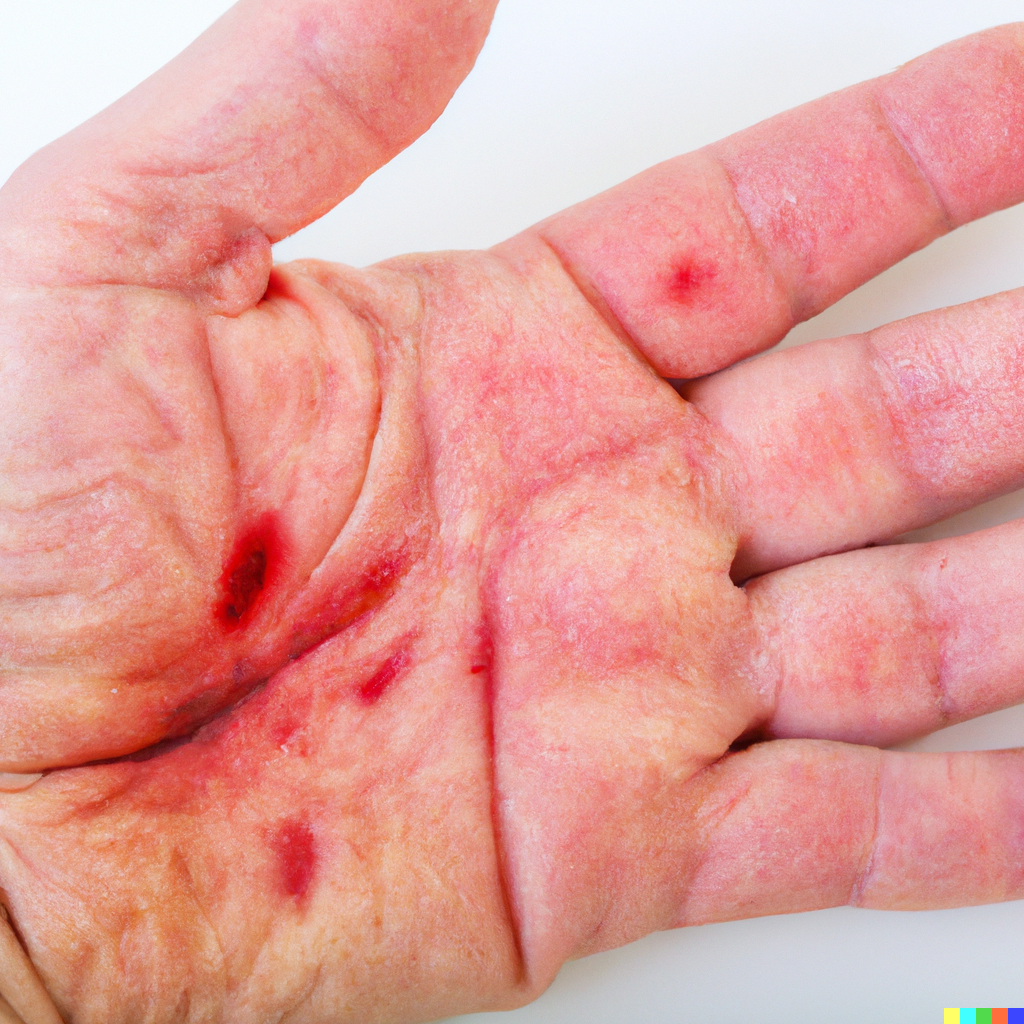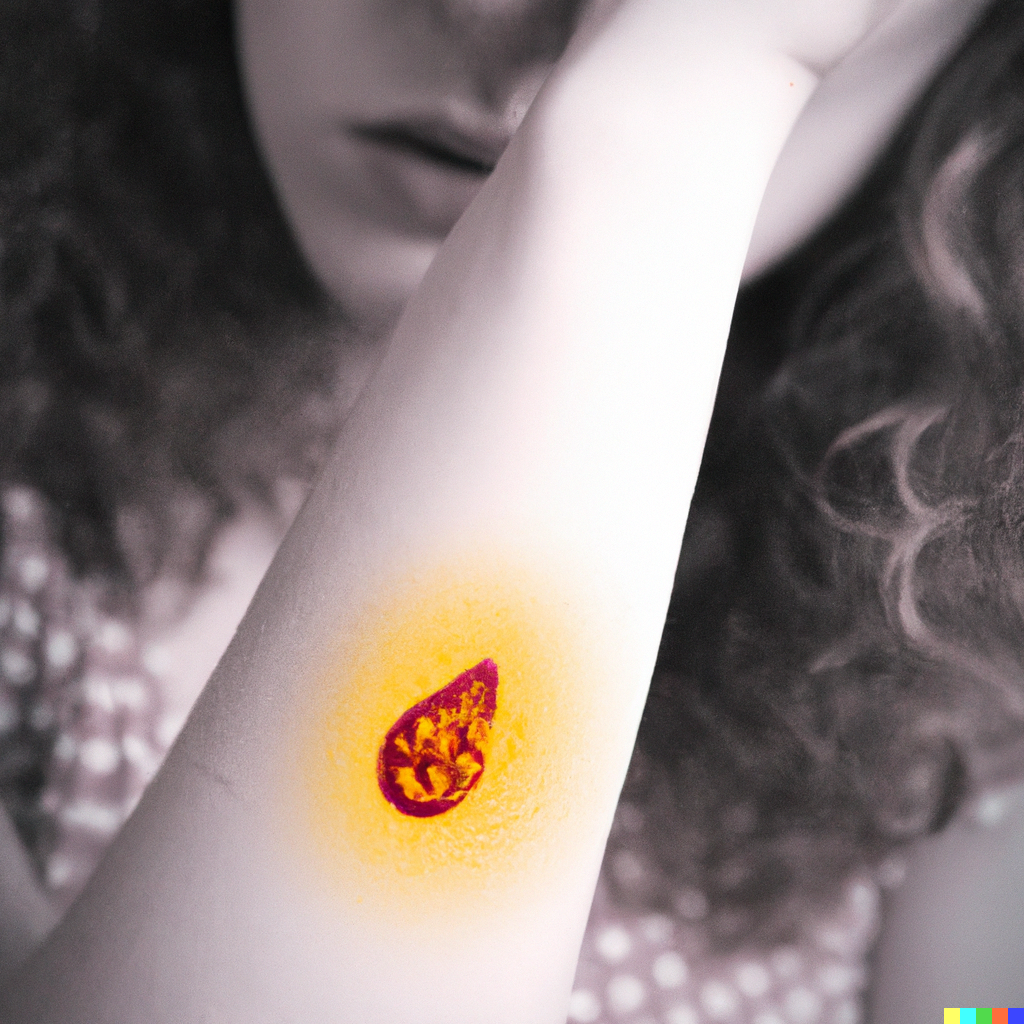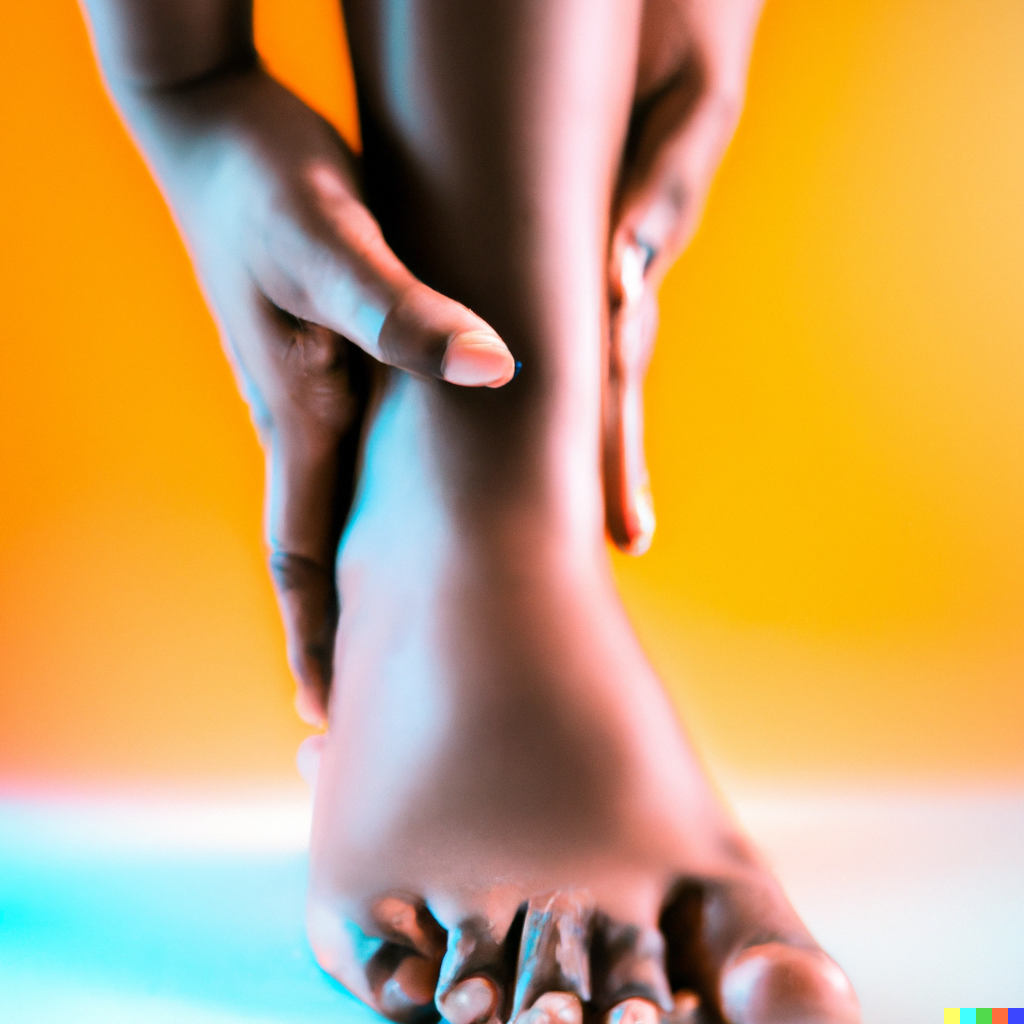10 Unusual Symptoms of Diabetes that you Should not Ignore
People from different geographic, ethnic, and cultural backgrounds can develop type 2 or type 1 diabetes. Type 2 is associated with insulin resistance and is a metabolic disorder. Type 1 Diabetes is an autoimmune disease that usually develops in childhood, where the insulin-producing beta cells are attacked and destroyed by the body's immune system. Both types of diabetes are serious illnesses that can affect the whole body.
Because people don't realize that uncontrolled high blood sugar causes damage long before they see any signs, they think that diabetes isn't severe. In fact, by the time diabetes is diagnosed, 50% of your beta cells may already be dead, and the rest may be getting damaged every day.
People with Type 1 or 2 Diabetes often feel thirsty, urinate more often than before, and feel exhausted. But they may also experience less common symptoms, including blurred vision, frequent hunger, and mood swings. I recently had a diabetes patient whose appetite doubled within months, and tests showed she had a diagnosis of diabetes.
Symptoms of type 1 diabetes usually appear suddenly in children with a family history of the disease. Some symptoms of type 2 diabetes appear to grow over time.
10 Uncommon Symptoms of Diabetes
1. Diabetic Retinopathy - Blurred Vision
High blood glucose (sugars) can damage and cause swelling of the eye's small arteries, leading to blurry vision. If left untreated, these severe conditions could even lead to blindness. High BP and high cholesterol increase the risk of diabetic retinopathy.
To avoid risk factors due to complications of diabetes, consult your eye doctor to check for diabetic retinopathy. You can prevent permanent eye damage if you detect symptoms early.
2. Skin Issues
Diabetes can affect the entire body, including the eyes, kidneys, nerves, muscles, liver, pancreas, stomach, and intestines. The skin is the body's largest organ, and it could get affected in various ways: Acanthosis nigricans (AN) is a skin disorder characterized by hyperpigmented, thickened and velvety cutaneous folds. It can be associated with insulin resistance syndrome, obesity, diabetes mellitus type 2, acanthosis nigricans of the genitalia, hypertension, dyslipidemia and other endocrine disorders.
If you have a history of diabetes, it is time to consider a lifestyle change starting with a plant-based diet. Consult your family doctor or a plant-based specialist for a systematic diabetes treatment plan.
3. UTI - Urinary Tract Infection
Three main reasons why people with uncontrolled diabetes are more likely to get UTIs include:
- They're less able to control their urine output.
- Their bladder walls become thinner and more susceptible to infection.
- They're at higher risk of developing kidney problems.
- High urine glucose levels may support bacterial overgrowth, leading to frequent infections.
- High blood sugar levels can cause poor immune function, weakening the immune cells' ability to fight bacteria off.
Because the kidneys and bladder are weakened by hyperglycemia (high blood glucose levels) in diabetes, urine tends to be retained for longer, increasing the chances of germs growing and causing an infection.
4. Fruity Breath in Ketoacidosis
Many people associate lousy breath with eating garlic or inadequate dental care. Usually, this may be true. However, it may also be a sign of diabetes, primarily type 1 diabetes. Breathing that smells like fruit is often a symptom of diabetic ketoacidosis, which, if left untreated, can lead to death. Diabetic ketoacidosis (DKA) is a life-threatening complication of uncontrolled diabetes mellitus.
Insufficient levels of the hormone called "insulin" prevent the conversion of sugar (glucose) into energy for the cells. When the glucose level drops too low, the liver produces ketone bodies instead of glucose as an alternative fuel source. Ketones are toxic to cells if they reach high enough concentrations.
Lifestyle changes starting with a healthy diet can reverse diabetes-related ketoacidosis.
5. Delayed Wound Healing
High glucose (sugars) causes inflammation, which leads to poor wound healing. Wounds may not close up entirely because immune cells cannot function normally. Diabetes, when not managed properly can lead to issues with blood circulation.
6. Mood Swings
High or low energy, mood swings, irritability, anxiety, sadness, and poor decision-making ability can all be caused by either too much or too little glucose in the body.
Mood swings from any type of diabetes correlate with high blood sugar levels. Exercising regularly, physical activity such as long walks, eating healthy foods, meditation, and relaxing help keep mood swings under control and reduce the symptoms and risk of type 2 diabetes.
7. Non-healing Infections
Another potential sign of type 2 diabetes is an increased likelihood of infection, such as skin infections. High blood glucose (sugars) could weaken the body's ability to fight germs.
8. Unexplained Weight Loss on a Normal Diet
Rapid weight loss could indicate uncontrolled, high blood sugar levels. This is especially true in children with type 1 diabetes. If you have experienced unexplained weight loss in the last couple of months, I recommend consulting your physician to rule out possible diagnoses.
9. Uncontrollable Hunger due to diabetes
Hunger is a symptom of diabetes. It occurs when there isn't enough insulin circulating in the bloodstream to transport sugar out of the blood and into the cells. In this case, the pancreas produces too little insulin, causing the blood sugar level to rise. People who suffer from diabetes may experience uncontrollable hunger, especially during stress or illness.
Diabetes patients with high blood sugar could also suffer from the following:
- nausea
- vomiting
- stomach pains
10. Numbness or Tingling in Hands and Feet
People with Diabetes having high glucose levels can damage nerves, especially those far from the spine, like the nerves in your hands and feet. Numbness or burning sensation in the hands or legs is usually the first sign of diabetic neuropathy. Usually, at night, it worsens. Muscle weakness, severe or shooting pains, and sensory loss may also occur if untreated. This symptom is common for adults with diabetes.
Poor blood flow due to unsatisfactory diabetes management could lead to numbness and nerve damage in the feet.
I advise you to take foot exams regularly.
Additional Symptoms of Diabetes
Adult-onset diabetes could include a lot more symptoms. Elderly patients with type 1 and 2 diabetes could have the following common form of diabetes-related health problems also:
- Heart disease or cardiovascular disease
- Damaged blood vessels
- More frequent common types of viral, bacterial, and fungal infections
- Obesity
- Irregular blood pressure
- Cholesterol outside the normal range
- Irregular blood flow damages nerves
- Acute changes in blood glucose concentration affect motor function and sensory perceptions.
- Foot problems and blood vessel damage
- Type 1 diabetes comes with several complication including Ketoacidosis
- Kidney disease
- Stroke
- Risk of amputation
- Cancer
- Alzheimer's disease
Conclusion
If we could prevent type 2 diabetics and gestational diabetes from developing into full-blown cases of the disease, then we'd be able to save thousands of lives every year. A whole food plant-based diet, regular exercise and meditation could help you prevent, treat, and sometimes reverse diabetes.
If you have developed any diabetes symptoms, consider trying our Diabetes Diet program. We will help you change the lifestyle factors. We have helped hundreds of diabetics reverse diabetes entirely by adopting healthy food choices and enjoying an active lifestyle.
Set up an appointment with us today.
Order our Diabetes Diet and High BP Diet now.
Be Blessed,
Next Steps
Do you or someone you know diagnosed with diabetes? We may be able to help.
- Book an online consultation with Dr. Achyuthan Eswar to learn how best to deal with it.
- Sign up for our Plant Based Diet Masterclass on NutritionScience.in to better understand the numerous benefits of adopting a whole food plant based diet.
- Access our free course to help kickstart your plant based food journey.
- Subscribe to our 100% whole food plant based balanced meal plan, delicious & doctor designed to help you get all your macro and micro nutrients, from the comfort of your home - Bengaluru only
- Stock up on delicious sweets and snacks that are sugar/jaggery-free, oil-free, maida-free and plant-based - Available Pan-India
External References
https://www.cdc.gov/diabetes/basics/symptoms.html
https://www.diabetes.org.uk/guide-to-diabetes/complications
https://www.diabetes.org/diabetes/type-1/symptoms
https://www.jdrf.org/t1d-resources/about/symptoms/children/








